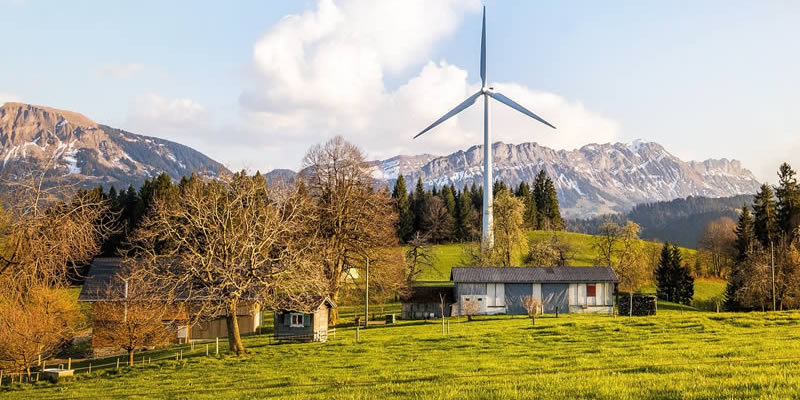In an era where climate change and environmental sustainability are at the forefront of global discussions, the agricultural sector is increasingly adopting sustainable energy practices to mitigate their carbon footprint. Farmhouses, being the heart of agricultural operations, are uniquely positioned to incorporate renewable energy sources such as solar, wind, and biomass. By embracing sustainable energy solutions, farmhouse owners not only gain financial advantages through reduced energy costs but also contribute to the preservation of the environment for future generations.
This article delves into the various sustainable energy options available for farmhouse owners, exploring their benefits, implementation strategies, and real-life success stories. From solar panels to wind turbines, learn how integrating these technologies can transform traditional farming practices, enhance self-sufficiency, and foster a more resilient agricultural system. Join us on this journey towards a greener and more sustainable future for farmhouses everywhere.
Sustainable Energy Options for Farmhouses
Farmhouse owners can harness a variety of renewable energy sources, such as solar panels, wind turbines, and biomass systems, to create a more sustainable farming environment. Solar energy, for instance, is highly adaptable, allowing property owners to install panels on rooftops or in open fields, significantly reducing reliance on fossil fuels. Similarly, small-scale wind turbines can complement solar energy systems, generating electricity even in low-light conditions, which is especially beneficial during the colder months. Implementing these technologies not only cuts down on monthly energy bills but also enhances energy self-sufficiency for farmhouses.

Real-Life Success Stories
Across the globe, numerous farmhouse owners have successfully integrated sustainable energy solutions, exhibiting remarkable transformations in their operations. For example, one notable case features a family farm that adopted a combination of solar and biomass energy systems, enabling them to power their entire operation while selling surplus energy back to the grid. This not only funded their sustainability initiatives but also supported their local community by contributing greener energy. By exploring these inspiring examples, farmhouse owners can better understand the tangible benefits of going green and how How Sustainable Energy Can Enhance Your Farmhouse Lifestyle contributes to a more sustainable agricultural future.
In conclusion, the shift towards sustainable energy for farmhouses not only represents a proactive approach to mitigating climate change but also empowers agricultural communities with greater independence and economic resilience. By harnessing renewable resources like solar, wind, and biomass, farmhouse owners can significantly reduce their environmental impact while benefiting from lower operational costs and increased energy self-sufficiency. The real-life success stories of those who have embraced these technologies highlight that the transition to sustainable energy is not just possible, but also rewarding both financially and environmentally. As this movement towards sustainability continues to grow, farmhouses can serve as exemplary models of innovation and responsibility, paving the way for a more resilient agricultural future that prioritizes the well-being of our planet.
